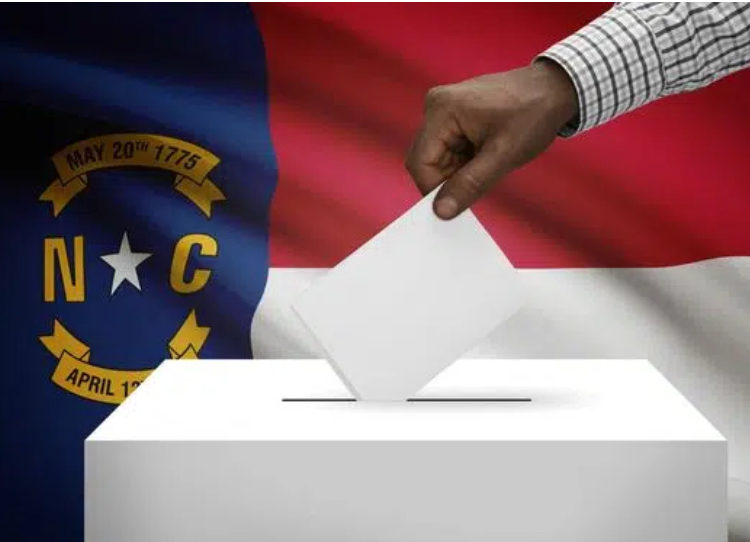Governor Roy Cooper of North Carolina has vetoed House Bill 690, which sought to ban the state from implementing central bank digital currency (CBDC), issued by the Federal Reserve
This decision is contrary to the fact that this legislative proposal received overwhelming support from both chambers of the North Carolina General Assembly.
The bill passed with a significant majority, securing a 109-4 vote in the House and a 39-5 vote in the Senate. However, Governor Cooper deemed the legislation “premature, vague, and reactionary” in a statement released on June 5.
In his explanation, Cooper emphasized the need for caution, stating, “Efforts are being made at the federal level to ensure standards and safeguards are in place to protect consumers, investors, and businesses [using] digital assets. North Carolina should wait to see how they work before taking action.”
The governor’s decision has met with criticism from various stakeholders. Mitchell Askew, head analyst at Blockware Solutions, expressed concern that the veto does not align with the desires of North Carolina residents. Askew suggested that partisan considerations may have influenced the decision, noting the support for the bill from Cooper’s political opponent, Mark Robinson.
Furthermore, Dan Spuller, the head of industry affairs at the Blockchain Association, viewed the veto as a missed opportunity to demonstrate North Carolina’s opposition to CBDCs. Spuller emphasized the importance of keeping digital asset policy under public control, stating, “Digital asset policy must remain in the hands of the American people, ensuring that any development of digital currency reflects our values of privacy, individual sovereignty, and free market competitiveness.”
It is worth noting that at the federal level, Federal Reserve Chair Jerome Powell stated on March 7th during a Senate Banking Committee hearing that the U.S. is “nowhere near recommending or let alone adopting a central bank digital currency in any form.”
Given the strong support the bill received in both chambers, there is a possibility that the North Carolina legislature could override the governor’s veto with a three-fifths majority vote. The situation continues to evolve, with implications for the state’s approach to digital currency policy.

